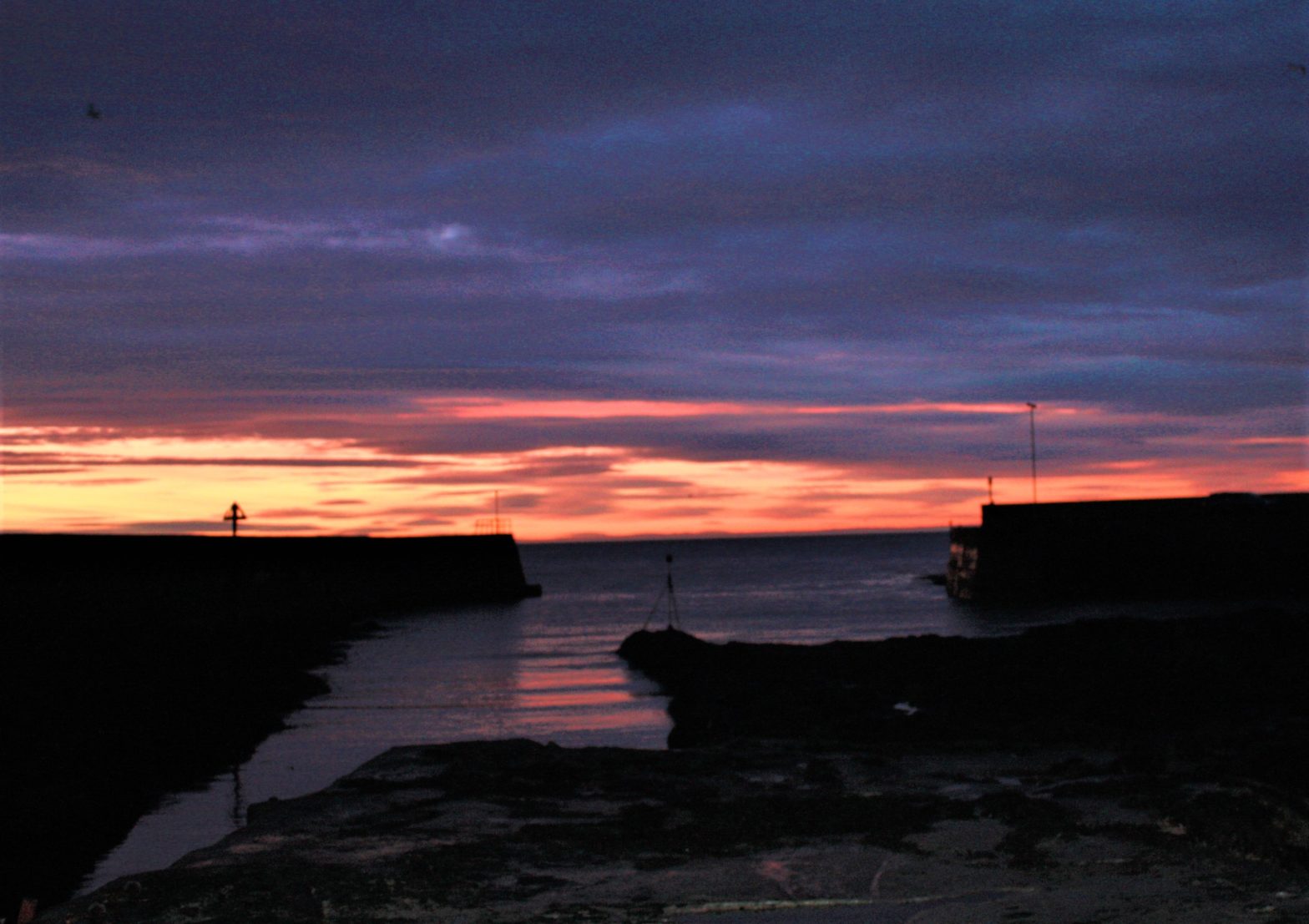An unexpected consequence of the COVID19 Crisis is not only the prevailing acts of kindness experienced within our communities but a real emergence of “Radical Kindness”.
Food Larders in some areas which are available to all on a “no questions asked” basis have been a real catalyst in reaching those in need who were hidden and in crisis before the Coronavirus changed our way of life. Removing the stigma of asking for help has allowed communities to bring everyone into the fold. However, there is a concern that this “no questions asked” policy may be open to abuse. This can be a challenging dilemma. Volunteers are trying to ensure they help and support everyone in need but then are troubled if they feel the generosity is being exploited.
I have been musing over this and how volunteers can manage that struggle within themselves and it brought me to the theme which partners and I were focused on at the start of 2020 – a time I am finding myself referring to as B.C. (Before Coronavirus) We were in the throes of planning a year of “Kindness” and one aspect we were keen to explore was the concept of “Radical Kindness”. This is where we can help our volunteers to stop wrestling with their consciences.

Nunc facilisis diam velit, non facilisis justo lobortis ac. Etiam Social reciprocity theory says we should treat others as we are treated, but Radical Kindness teaches us to offer kindness even in the face of rudeness, unpleasantness, disappointment, or unkindness. As the Dalai Lama says, “Be kind whenever possible. It is always possible.”.
Daily we are seeing wonderful acts of kindness from our communities which are weaving a cohesive fabric to wrap around our neighbourhoods. This is bringing a real sense of being in this together and together should mean everyone. I have seen many lovely posts on social media addressing this issue. The need to not judge and be kind. If Radical Kindness is the way forward for society, this COVID19 Crisis is providing a platform to let communities lead the way.

